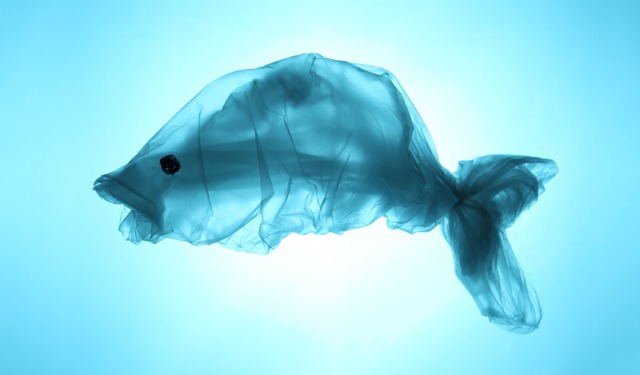Everything we eat contains microplastics – The latest investigation conducted by the Ocean Conservancy, in collaboration with scientists at the University of Toronto, reveals a worrying presence of microplastics in our food, highlighting a problem that goes far beyond the ocean.
To conduct the experiment, the team acquired samples of animal protein and plant alternatives from supermarkets in Portland, USA. The choice of the United States as the location for the study was determined by the widespread practice of processing and packaging food before it reaches American tables.
Shocking results
The study, the results of which were published in the journal Environmental Pollution, showed the presence of microplastics in all 16 protein samples analysed. These particles were present in 88% of the total samples, involving both plant proteins and fish products. The finding highlights the magnitude of the problem, involving a diverse range of protein sources.
Unanswered questions
Despite the surprising results, the scientists acknowledge that many questions remain unanswered. The process by which microplastics end up in food products is still unclear, but it is assumed that the particles may be released during processing and packaging in food factories.
Madeleine Milne, lead author of the study, emphasises the urgency of further research to fully understand the extent of the problem and its impact on human health. At present, the lack of knowledge about the content of microplastics in commonly consumed foods makes it difficult to make specific recommendations.
Alarm from the scientific community
Dr. George Leonard, a scientist at Ocean Conservancy, expresses deep concern, pointing out that plastic in our food does not only affect fish and shellfish, but involves a wide range of protein sources. The plastic crisis in the oceans is already in the public eye, but this study lifts the veil on a lesser known and equally urgent problem.
The consequences for the consumer
These findings echo an earlier study that found an average of 240,000 plastic nanoparticles in a one-litre bottle of water. Alarmingly, the problem seems to touch our daily food, raising urgent questions about food safety and the need for a drastic reduction of plastic in food processes.
The survey warns of the unseen risks that could accompany our daily eating habits, underlining the need for further research and concrete action to address this growing threat to our health and the environment.
Everything we eat contains microplastics







